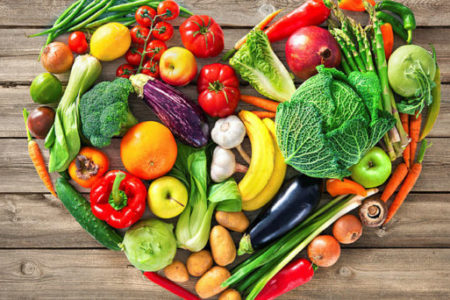New trade deal for organic standards and laws struck with Europe
Canada and the European Union have reached an historic agreement to recognize each other’s organic standards and laws, after nearly four years of formal negotiation.
This is the world’s second such agreement. In June 2009, the Canadian Food Inspection Agency and the United States Department of Agriculture signed the very first “organic equivalency arrangement,” which opened the significant U.S. organic market to Canadian exports.
The global organic trade is now estimated at over $55 billion per year, with 96 per cent of this represented by the U.S. and EU markets.
Canada is now the only country in the world able to deal directly with these two key markets through its domestic standards.
“This is an absolute game-changer for Canadian farmers and food manufacturers,” said Matthew Holmes, executive director of the Canada Organic Trade Association, and an organic sector advisor to the Government of Canada on international trade and market access. “With full access to European markets, suppliers, and ingredients, Canada’s organic sector now has a strategic edge. This agreement will increase trade and boost Canada’s organic sector, from the farm to the consumer.”
COTA calculates the Canadian organic market has grown from $2 billion in 2008 to over $2.6 billion in 2010. Canadian companies annually export over $390 million worth of organic commodities, ingredients and products to the U.S., EU and other parts of the world.
Since 2008, COTA has coordinated a Long-Term International Strategy for the organic sector, with roughly $500,000 in cumulative matching funds contributed through Agriculture and Agri-Food Canada’s AgriMarketing Program to support Canadian companies branding and marketing their organic products around the world.
“This recognition of Canada’s organic standards by both the EU and U.S. shows that Canada’s organic standards are among the best in the world,” said Holmes. “This agreement also means consumers at home will know that strong organic standards have been followed in order to enter our country, while eliminating the burdensome costs of multiple organic certifications now carried by farmers, processors and traders.”
In 2009, Canada implemented the Organic Products Regulations, which make Canada’s organic standards mandatory for domestic and imported products.
Under the OPR, the Canadian Food Inspection Agency oversees and enforces the organic certification system as well as organic claims in the marketplace. The new “Canada Organic” logo allows consumers to identify products that meet Canada’s new organic requirements.

























